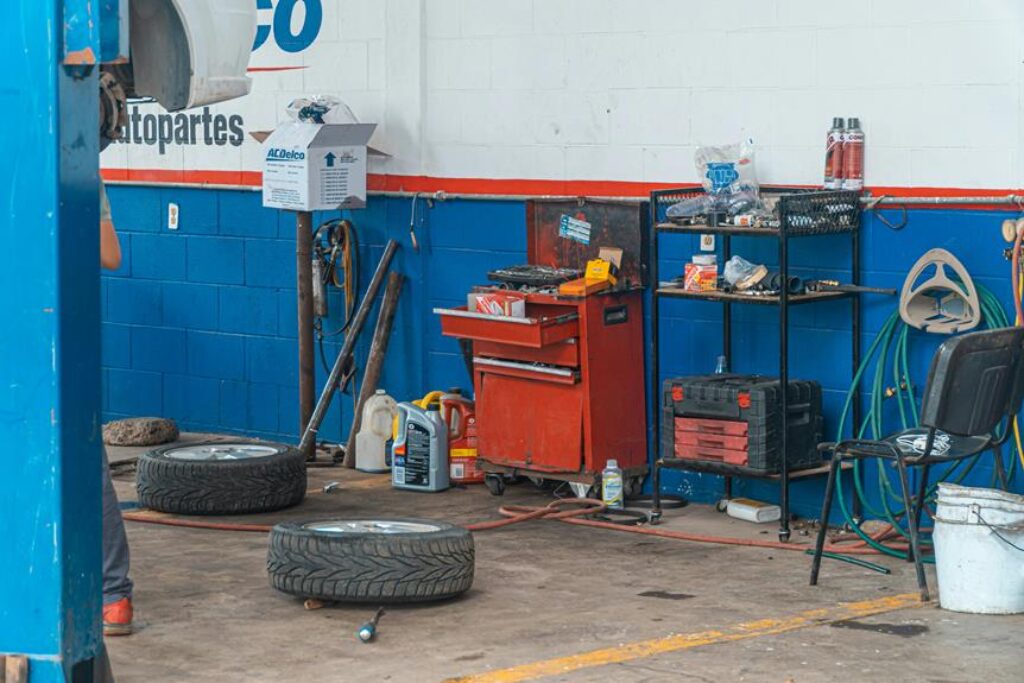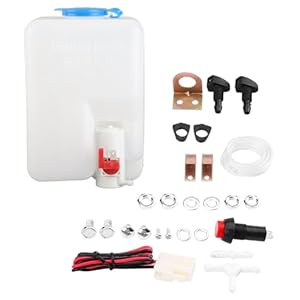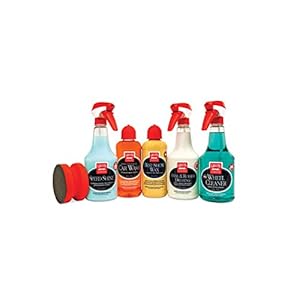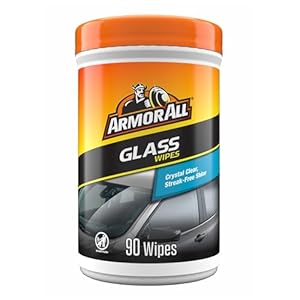
When tackling advanced automotive repairs, mastering the use of specialty tools is crucial. You might be wondering how to navigate the world of these intricate instruments efficiently. Understanding the intricacies of each tool and honing your skills through practice are vital steps. But how do you ensure you’re on the right track to effectively utilize these specialized tools for complex repairs? Let’s explore some practical strategies to help you navigate this terrain and elevate your repair game to new heights.
Importance of Specialty Automotive Tools
Why are specialty automotive tools crucial for advanced repairs?
Specialty automotive tools are essential because they’re specifically designed to handle the unique and complex components of modern vehicles. When it comes to advanced repairs, using the right tools can make a significant difference in the efficiency and accuracy of your work. These tools are engineered to provide precision and reliability, ensuring that you can tackle intricate repair tasks with confidence.
By utilizing specialty automotive tools, you can enhance your ability to diagnose and address intricate issues within the vehicle’s systems. These tools allow you to access hard-to-reach areas, manipulate specialized components, and apply the necessary force with precision. Without the proper tools, attempting advanced repairs can be frustrating and may even cause further damage to the vehicle.
Investing in specialty automotive tools isn’t just about having the right equipment; it’s about empowering yourself to take on challenging repair projects with skill and expertise. Whether you’re a professional mechanic or a DIY enthusiast, having the right tools at your disposal can elevate the quality of your work and ensure successful outcomes.
Essential Specialty Tools for Advanced Repairs
In advanced automotive repairs, equipping yourself with essential specialty tools is crucial for efficiently tackling complex repair tasks. Some of the must-have tools include a quality torque wrench for precise tightening of bolts, a diagnostic scanner to identify issues with the vehicle’s systems, and a multimeter for electrical testing.
Additionally, specialized tools like a ball joint press, bearing puller, and oxygen sensor socket set are vital for handling specific repair needs. Having a set of flare nut wrenches and line wrenches is essential for working on hydraulic brake systems and fuel lines without causing damage.
Other indispensable tools are a serpentine belt tool kit for easy belt removal and installation, as well as a trim removal kit for interior work. Investing in these essential specialty tools won’t only make your advanced repair tasks more manageable but also ensure that you can tackle a wider range of automotive issues with confidence.
Tips for Mastering Tool Usage
To become proficient in using specialty automotive tools for advanced repairs, practice proper tool handling techniques and familiarize yourself with each tool’s specific function and application. Start by reading the manuals or guides that come with the tools to understand their features and how they should be used. It’s crucial to pay attention to details such as recommended usage, safety precautions, and maintenance guidelines. Additionally, watching tutorial videos online or attending workshops can provide valuable insights into the correct way to handle and operate these tools.
When using specialty automotive tools, always follow the manufacturer’s instructions to avoid accidents and ensure optimal performance. Take the time to practice using the tools on scrap materials or simpler projects before tackling more complex repairs. This hands-on experience will help you gain confidence and refine your skills. Remember to store the tools properly after each use to maintain their condition and prevent damage. By being proactive in learning and mastering tool usage, you’ll enhance your abilities to tackle advanced automotive repairs effectively.
Hands-On Practice and Skill Development
Engage in practical exercises to sharpen your automotive repair skills and build proficiency through hands-on practice. Hands-on practice is crucial for mastering the use of specialty automotive tools. Start by familiarizing yourself with the tools’ functions and safety precautions. Then, practice using them on different vehicle components to enhance your dexterity and precision.
Set up a practice area with a variety of tools and vehicles to work on. Begin with simpler tasks like changing oil or replacing air filters before progressing to more complex repairs. As you gain confidence, challenge yourself with tasks that require the use of advanced tools like diagnostic scanners or torque wrenches.
Seek guidance from experienced technicians or enroll in workshops to refine your techniques. Take advantage of online tutorials and instructional videos to supplement your hands-on learning. Remember, consistent practice is key to developing your skills and becoming proficient in using specialty automotive tools for advanced repairs.
Automotive & Tools














